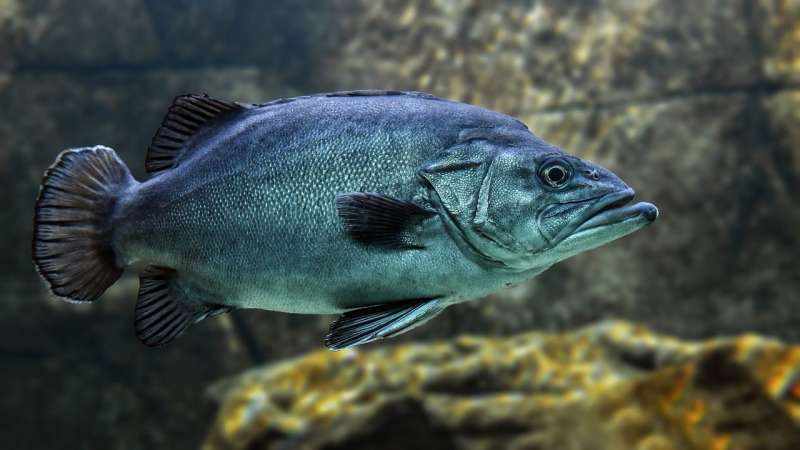Scientists question whether prescription practices can help the environment

A huge rise in the number of people taking antidepressant drugs is potentially posing a threat to the environment, according to new research.
An expert in the effects of human waste on marine life and an expert in ethical pharmacology, both at the University of Portsmouth, are calling for prescribers to be taught what happens when drugs in human waste enter the environment.
The number of people in the UK taking antidepressants such as Prozac has doubled in the last decade and, it is thought six million people in the UK, about 10 percent of the population, now regularly take such drugs.
Dr. Helena Herrera, of Portsmouth's School of Pharmacy and Biomedical Sciences, says many prescribers might not be aware antidepressant medication was potentially harmful for marine life, or that it persists in the environment.
Alternatively, there might be pressure on them to prescribe, because other more appropriate approaches, such as counselling, are not available, she said.
A third explanation "is that prescribers which may be aware of the problems and persistence of such drugs in the environment need to weight those concerns with the human in front of them presenting with a debilitating medical condition"
Professor Alex Ford, of Portsmouth's Institute of Marine Biology, said: "Our aquatic life is bathing in a soup of antidepressants.
"Antidepressant and antianxiety medications are found everywhere, in sewage, surface water, ground water, drinking water, soil, and accumulating in wildlife tissues. They are found in sea water and rivers and their potential ability to disrupt the normal biological systems of aquatic organisms is extensive.
"This isn't about a one-off pollutant entering their habitat; wildlife are bathed in drugs for their entire lifecycle. Laboratory studies are reporting changes such as how some creatures reproduce, grow, the rate at which it matures, metabolism, immunity, feeding habits, the way it moves, its colour and its behaviour."
The research is published in theBritish Journal of Psychiatry Bulletin.
The researchers suggest even one step towards addressing the environmental problem of such drugs would help.
Their suggestions include:
- Upgrading all of the UK's waste water treatment plants to comply with EU regulation to bring synthetic estrogens to an acceptable level;
- Teaching patients to safely return their waste medication to the pharmacy and to avoid them being flushed down the loo or throwing into the rubbish bin where, in landfill, later, it can leech into ground water;
- The pharmacological industry adopting a green approach of cradle-to-grave with drugs they design and dispense, by making it easier for them to be safely broken down;
- Anti-depressant prescriptions reduced in favour of counselling;
- Anti-depressant drugs given for shorter periods and frequent monitoring on the long-term need for antidepressants
Examples of antidepressants being found in and changing the environment abound.
In a previous study, Professor Ford found Prozac in waste water made shrimps leave their natural habitat and swim towards the light, making them much more likely to be eaten by predators.
In another study, Prozac in waste water was found to cause some aquatic creatures to lose their ability to stick to surfaces.
Any compound, even at low concentration, can cause changes in the bodies and behaviours of some creatures, he said.
"Our waterways need to be prescribed a future without an endless and growing stream of drugs, with all the risks that poses to aquatic life.
"How this could be achieved is a thorny problem, but it's imperative we try."
- The researchers caution antidepressants and other psychotropic medication can be required to address health issues and these medications should not be stopped within adequate medical consultation.
- The first reports of commonly prescribed drugs being found in the marine environment was in the 1960s, but it was 30 years before scientists had evidence that the contraceptive pill and hormone replacement therapy drugs in waste water could feminise fish.
More information: Alex T. Ford et al. 'Prescribing' psychotropic medication to our rivers and estuaries, BJPsych Bulletin (2018). DOI: 10.1192/bjb.2018.72
Peter P. Fong et al. The biological effects of antidepressants on the molluscs and crustaceans: A review, Aquatic Toxicology (2013). DOI: 10.1016/j.aquatox.2013.12.003
Provided by University of Portsmouth



















